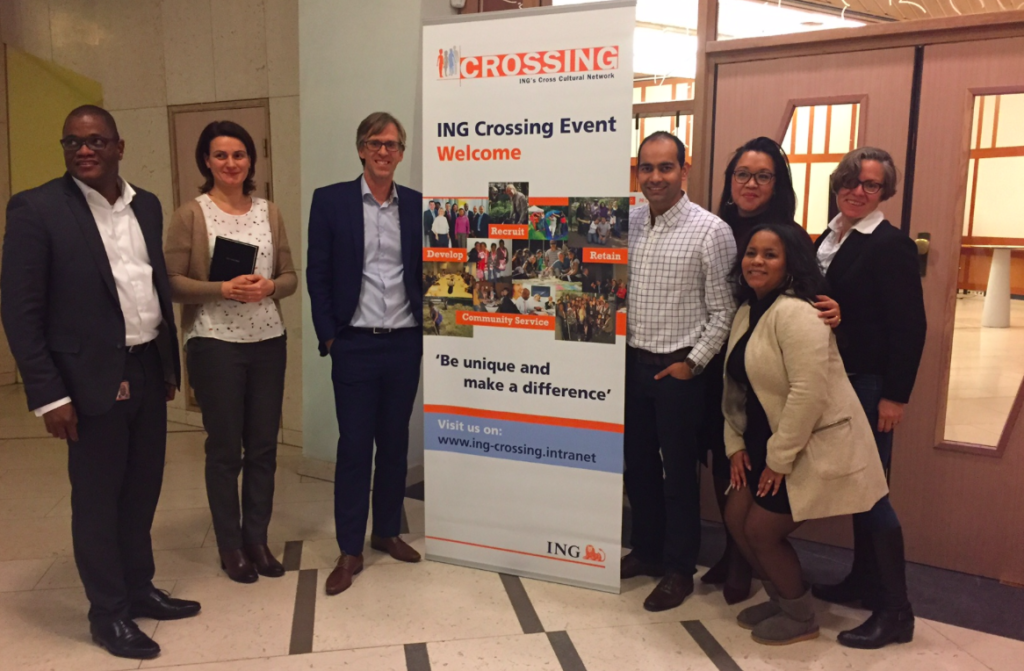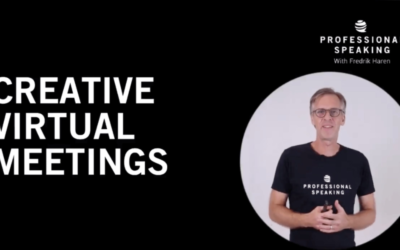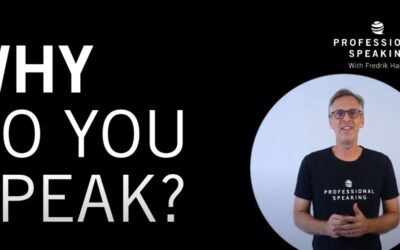
I often get the question: “Why do you travel so much?”
To me that is a very strange question.
It’s like asking a migrating bird why it leaves in the fall, or a buffalo why it has to run across the plains.
When you just have to do something you do not need a reason.
But if I had to I could write down a long list of reasons for why make such a conscious decision to scoot around the world.
It makes me feel alive.
It makes me better at understanding the world.
It broadens my horizons.
It inspires me.
and a million other reasons.
But today I was reminded of yet another reason for my globetrotting life: It makes me better at finding alternative truths.
Because today I was the keynote speaker at the HQ of ING bank in Amsterdam. The bank has a mentoring program called “Crossings” where they take employees from different minorities and pair them with senior managers in order to promote diversity in an international bank that is still very much Dutch at the top. And the Crossings team had invited me to speak to their group.
The bank has understood the advantage of diversity amongst its employees in order to get diversity of ideas.
After the speech I sat down with Sudhanshu, an Indian national who had left India to work in the USA and now, for five years, in Holland. We talked about how he, by working in the West had picked up a different way of managing people by giving them more freedom, not micromanaging them and showing trust that his staff would do deliver what needed to get done.
But Sudhanshu’s classmates in India who had only worked in India just did not have the same understanding of how this kind of leadership style has advantages vs the more “strict” management style of many Indian managers.
Now, this is not about “Western things” are “better” than “Indian things”, this is about how exposure to alternative ways of doing something helps you more open to change – and less stuck in doing things a particular way because that’s “how it’s done”.
As speakers we are paid to tell people about the world. To broaden their understanding of something, to inspire them to learn new things – to open up their minds.
It is therefore extra important that we as speakers do do the same to ourselves, that we are open to new ideas and to change.
And traveling is a great way of doing that.
In January I have, or will be, visiting the countries of Thailand, the Philippines, Holland, Namibia and Sweden – all countries and cultures very different from my current home country of Singapore. Spending time in these diverse cultures pushes me to look at alternative ways of doing things.
And if you want to be able to speak to global audiences as a speaker then it is not enough that you are a great speaker, it’s not even enough that you have examples from all over the world – you also have to have an understanding of what people from different cultures like, dislike, laugh at and get inspired by.
And you can of course read books about it, watch movies about it or ask people about it – but we all know that the very best way to learn something is to immerse yourself into something.
And I like to immerse myself into the world.
If you want to be a global speaker I suggest you do the same.




